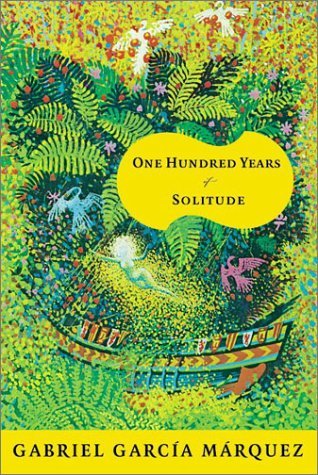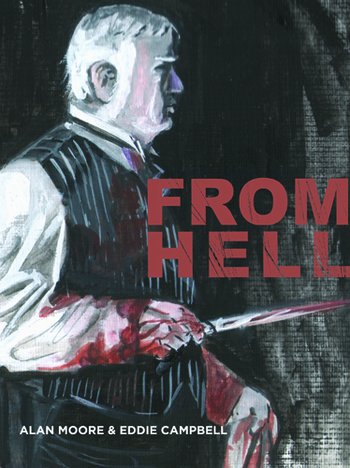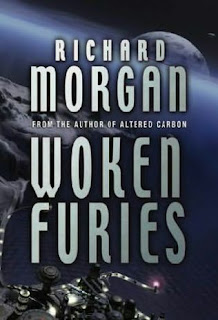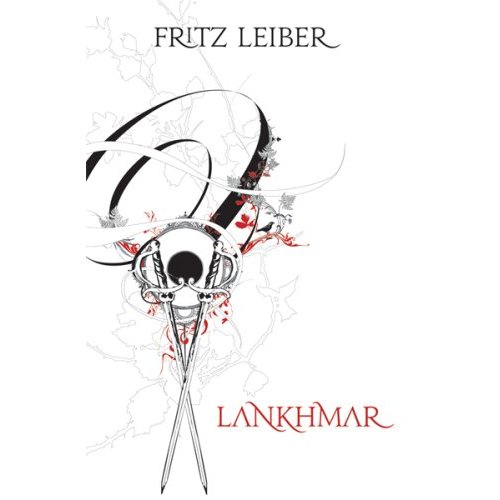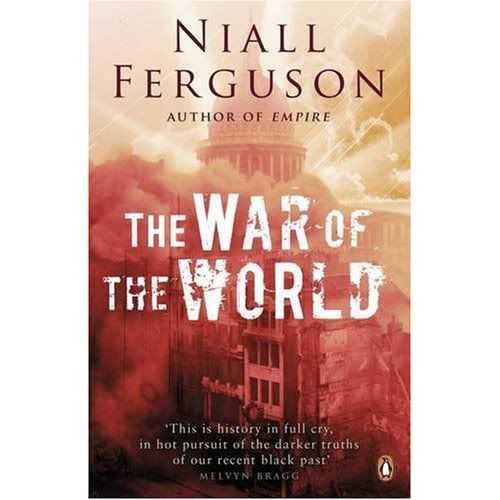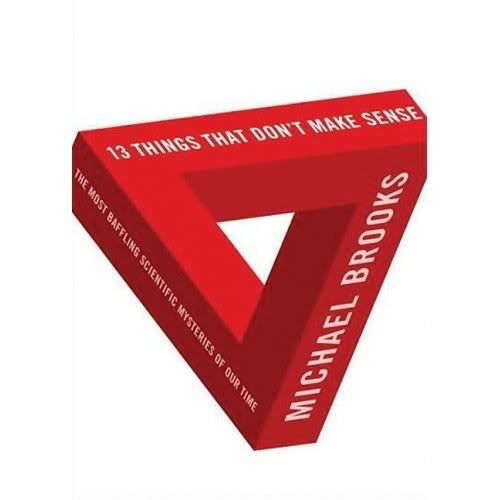Finished:
It took a few weeks to finish, but it was definitely worth it. Eric Flint's
1632 series. A solid first book with a stellar concept (time travel: modern-day American small-town whisked off into 17th century war-torn monarchist Europe by way of freak cosmic accident) that led into a fascinating experimentation in shared-world fiction. With Flint co-writing all novels and editing the anthologies of short-form entries, the series itself turns out to be a force of nature similar to what any group of small-town Yanks stuck in medieval Europe actually would be.
Not entirely serious, the broad nature of its commentary on society at the time is charming and insightful. There's also plenty of diversity in the characters, and Flint appears to have learned from the table of Poul Anderson: technological superiority never guarantees total superiority in the series. I'm eagerly awaiting the next novel which has been currently post-postponed.
The Steel Remains by Richard K Morgan. He's someone who has quickly become a favourite in recent years. A reminder of what once was and a great turn from a science fiction writer doing his first fantasy novel. The main character has similarities with Takeshi Kovacs, but most definitely isn't him. He's a stone cold hero. So are his friends, who make up the rest of the main characters. Of course, being heroes can't change who they are: outcasts, each in different ways. The characters, their personal histories, how they interact with their respective societies and especially the final few chapters, all work to elevate this novel to something quite special. It's not just a fond and much-needed visitation of the sword and sorcery genre, but something great on its own and entails the growth of some fantastic characters.
And that ending. Looking forward to the two sequels, which are apparently as self-contained as the Kovacs books.
Currently Reading:
Woken Furies by Richard K Morgan. So far, so good. Only halfway through and it's the same combination of noir, science fiction and thriller that made the first two so readable.
Fafhrd and the Gray Mouser ("Lankhmar" collection) by Fritz Leiber. The greatest fantasy writer doing the greatest fantasy series. Reading this over again is joy.
Bleak House by Charles Dickens. Starting law school in the last few weeks and watching the excellent BBC adaption a few months ago put me in the mood to revisit this for quite some time. In fact, it was mentioned once or twice in an introductory textbook to place emphasis on the importance of efficiency in the modern legal system. (Legal academics read Dickens? Hey, I'm surprised, too!)
The Darkening Sea by Alexander Kent. What to do when you've finished CS Forester and Patrick O'Brian? Give Alexander Kent - pseudonym of British author Douglas Reeman - a chance. (Julian Stockwin's Kydd series is also worth the effort, entailing better vision of the navy's lower decks) More Forester at sea and more O'Brian on land, Kent's novels center on Richard Bolitho, son of a proud seafaring family. The series, like its protagonist, starts out in joyful abandon, but soon turns more pragmatic as life turns more complex and death keeps a constant presence. The man, at age 84, is still writing; having released the 29th installment of the series in 2007.
I need to read more Wodehouse soon. I don't know why, but it's something of a powerful urge I have.
Interactive Fiction said:
Here's my recommendation for GAF. Best fantasy novel I've read in a while.
Totally agree. The Painted Man (or The Warded Man in the US) was brilliant last year, but suffered for recognition due to a lot of equally great fantasy debuts in recent years.
Cyan said:
Feeling like I should read something by Philip Jose Farmer (RIP), since the only thing I've read of his is the short story "Riders of the Purple Wage." Crazy, but fun.
Definitely try out the Riverworld series. Such an underappreciated author.
Cyan said:
SFF debut of the year? Could be, it was pretty well done. Not brilliant, but good. Starts off with a bang... literally. Windwir, the central city of the world, and home of the Great Library where all knowledge is kept, is destroyed by the equivalent of a nuclear blast--on the first page.
Sounds similar to the start of Kearney's Monarchies of God series. If it's anywhere near as good, I'll give this a try.
Cyan said:
or will he flame out like so many before him (Lynch, Rothfuss, Bakker).
Lynch and Bakker have been arguably inconsistent. (although still better than most) But as for Rothfuss, perhaps it'd be wiser to wait until Wise Man's Fear hits?
FnordChan said:
A friend of mine who's a huge fan has assured me that, after the first couple of books, I'll have the hang of the nautical jargon being used. This is reassuring, as I occasionally glimpse at the illustration in the front identifying the sails of a ship and it still doesn't really help me keep up. That said, I'm thoroughly enjoying the book so far, even if I tend to reduce some passages of the book to "sailors do naval stuff". The characters of Aubrey and Maturin are terrific, the period detail (and, let me tell you, there's a lot of detail) is fascinating, and the depictions of ship to ship combat are thrilling. While I should probably reserve judgment until I'm finished, I'm already looking forward to having many more novels in the series to enjoy after this one.
I'm not sure, the nautical jargon becomes more understandable as you go along or O'Brian eases out of it as he goes along. Either way, I didn't have much of an issue with it outside of reading the first book for the first time. Glad to hear you've been bewitched as well. O'Brian's series is a special one and simply transcends genre. It's more than yet another stab at Hornblower's crown on nautical adventure fiction.




